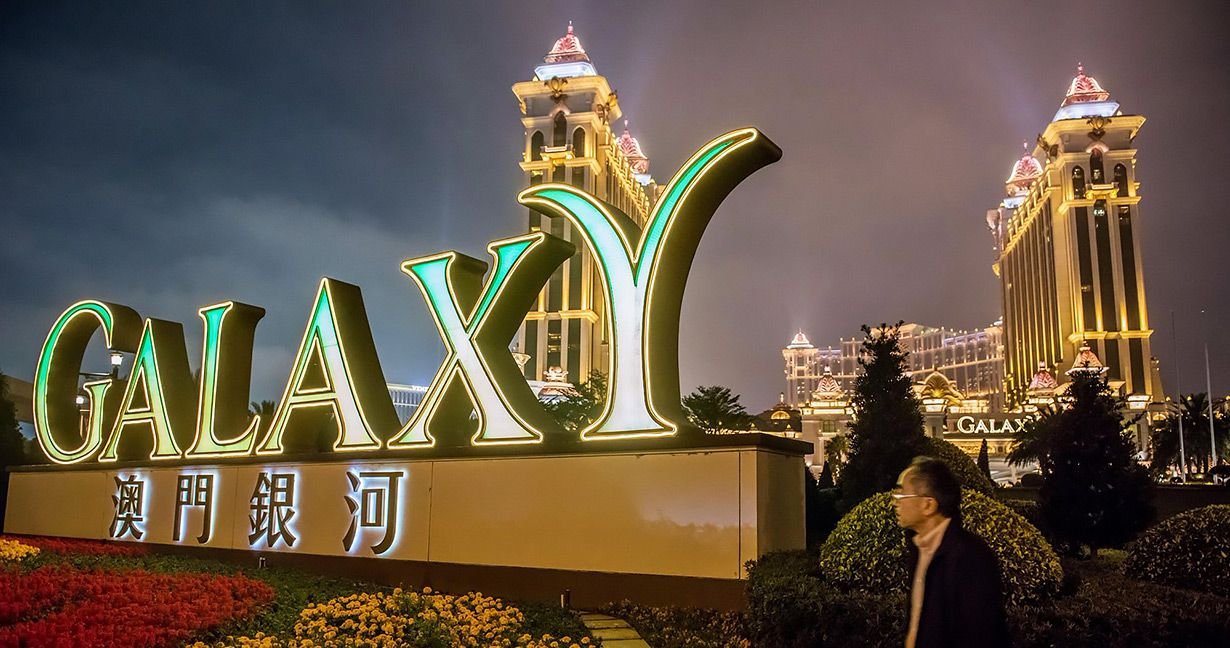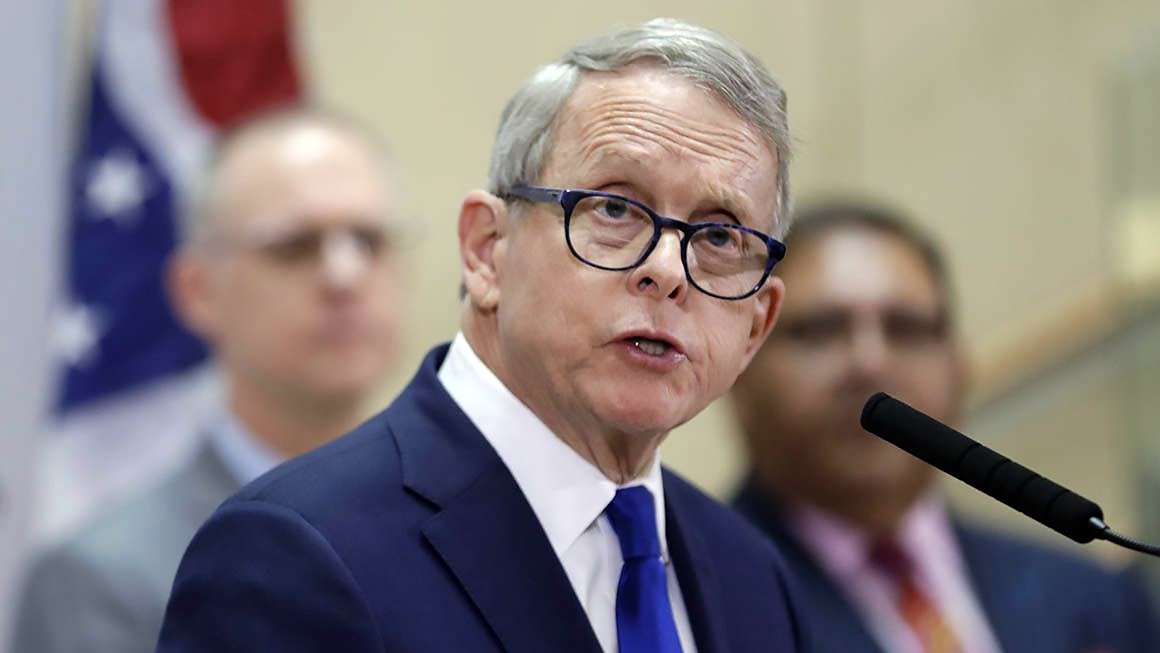Nepal moves to tighten casino laws, slash foreign investment

The Nepal government has proposed new rules to overhaul the country's casino industry, cutting foreign investment limits and imposing new regulations.
The new provisions are part of the recently tabled Integrated Tourism Bill, which replaces the earlier standalone Casino Act draft prepared in 2018, the Asia News Network reported.
Under the new bill, foreign investors would be allowed to own up to 49% equity in joint ventures, down from the current 90% limit. This reduction is seen as a move to prioritize domestic ownership but has sparked criticism from potential foreign partners.
One of the most debated omissions in the bill is its silence on whether Nepali citizens will continue to be barred from casino entry. The current regulation explicitly prohibits locals from gambling, but the proposed legislation leaves this point ambiguous, creating uncertainty about the government's future stance.
Location restrictions are also under revision. A 2019 Cabinet decision reduced the minimum distance between casinos and Nepal's international borders from 5 to 3 kilometers. The new bill seeks to reinstate the 5-kilometer rule but includes a grandfather clause permitting existing casinos within a 3-kilometer radius to continue operations.
Operators have criticized this inconsistency. Chandra Prakash Shrestha, President of the Siddhartha Hotel Association and Owner of Nansc Hotel in Bhairahawa, called the shifting rules “senseless.”
“The gaming industry is a major taxpayer and it should not be saddled with arbitrary location-based rules,” Shrestha said. “Hotels near border areas were developed to cater to Indian and Bangladeshi tourists, and there should not be restrictions in doing so.”
The bill also eliminates two categories of gaming operations: electronic gaming houses in four-star hotels and light casinos in five-star establishments. It further stipulates that hotels must own at least 10% of any casino operating on their premises, a provision aimed at ensuring financial accountability and reducing cases of operator defaults.
Additionally, the bill bans casinos from operating in areas of religious or cultural importance.
Previously, casino operators could manage up to 10 gaming locations under a single license. The new regulation limits this to just one, requiring companies with multiple sites to downsize by mid-July 2025. Licenses can no longer be transferred or leased, and operators must maintain comprehensive player and transaction records.
The bill also introduces stricter compliance measures, requiring casinos to meet infrastructure and security standards within two years of the bill's passage. Failure to deposit customer taxes will trigger mandatory repayments, while unauthorized operations will face immediate shutdown and legal penalties.
Any entity seeking to acquire more than 15% of shares in a licensed casino company will require prior approval from the tourism authority.
To obtain a license, companies must pay Rs25 million (US$182K) for casino operations and Rs10 million (US$73K) for electronic gaming. A non-refundable application fee of Rs1 million (US$7K) is also required. Annual royalties are set at Rs50 million (US$365K) for casinos and Rs15 million (US$109K) for mini casinos, as per the Financial Act for 2024–25.
Licenses must be renewed annually, with automatic cancellation if not renewed within 60 days of expiry. Casinos affiliated with downgraded or suspended hotels will lose their license renewal eligibility.
Operators must allocate at least 2% of annual profits to social development initiatives, including tourism, health, education, sports, and environmental protection. Failure to do so requires an equivalent deposit to the government treasury.
Companies already operating under previous ownership structures will be given one year from the law's enactment to adjust their shareholding ratios to comply with the 49% foreign direct investment (FDI) cap. Joint ventures with foreign investors will still require a recommendation from the tourism department and Cabinet approval.
According to the Office of the Auditor General, the government collected Rs1.69 billion (US$12.3M) in casino royalties and Rs132.46 million (US$967K) from licence renewals last fiscal year, though five casinos, including three now declared illegal, still owe Rs1.78 billion (US$13M).

















